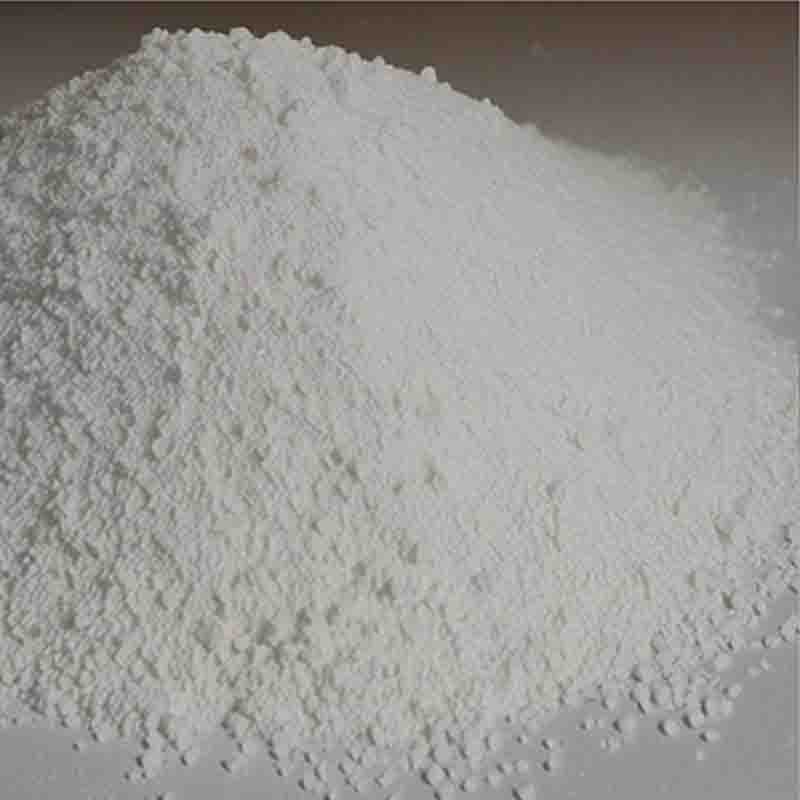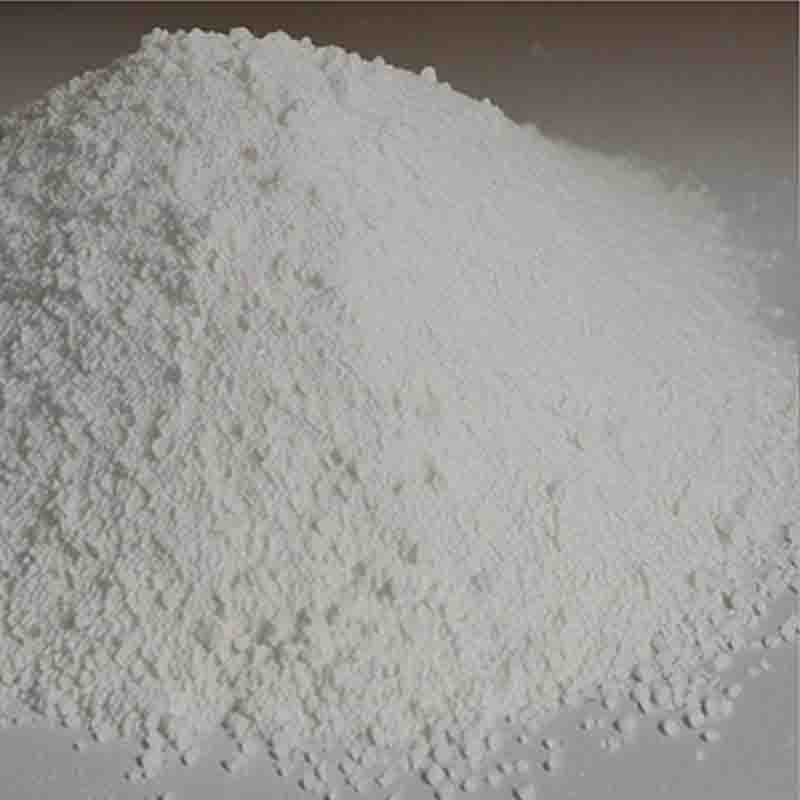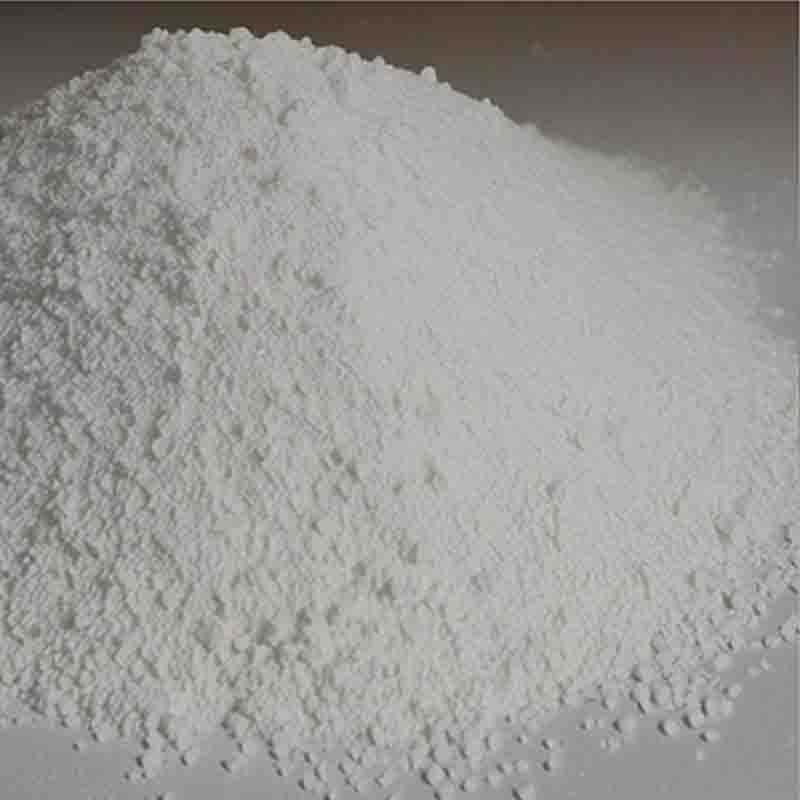2,4-Dichloro-3-ethyl-6-nitrophenol CAS:99817-36-4
| Catalog Number | XD96149 |
| Product Name | 2,4-Dichloro-3-ethyl-6-nitrophenol |
| CAS | 99817-36-4 |
| Molecular Formula | C8H7Cl2NO3 |
| Molecular Weight | 236.05 |
| Storage Details | Ambient |
Product Specification
| Appearance | White powder |
| Assay | 99% min |
2,4-Dichloro-3-ethyl-6-nitrophenol, commonly referred to as DCENP, is a chemical compound that belongs to the family of nitrophenols. It is primarily used as a fungicide and insecticide in agricultural settings.The main effect of DCENP is its ability to inhibit the growth and reproduction of fungi and insects. It works by disrupting key metabolic processes in these organisms, leading to their eventual death. DCENP interferes with the functioning of enzymes responsible for energy production, protein synthesis, and other vital cellular functions in fungi and insects. This disruption ultimately impairs their ability to survive and reproduce.As a fungicide, DCENP is effective against a wide range of fungal pathogens that can attack various crops, including fruits, vegetables, grains, and ornamental plants. It is particularly useful in controlling diseases such as powdery mildew and rust, which commonly affect plants. The application of DCENP helps protect plants from these diseases, promoting healthier growth and higher crop yield.Similarly, DCENP is utilized as an insecticide to combat a variety of insect pests that can cause significant damage to crops. It targets insects by interfering with their nervous system and disrupting their ability to feed, grow, and reproduce. This makes DCENP an effective tool in pest management, safeguarding agricultural produce from insect-related losses.While DCENP has proven to be an effective pesticide, it is important to note that it should be used with caution and proper safety measures. As with any chemical pesticide, the potential impact on the environment and non-target organisms must be considered. DCENP can be toxic to aquatic organisms, so it is recommended to avoid its application near bodies of water to prevent contamination and harm to aquatic life.Additionally, it is crucial to follow the recommended dosage and application instructions provided by the manufacturer. Misuse or overuse of DCENP can lead to the development of pesticide resistance in target organisms or pose risks to human health.In conclusion, 2,4-Dichloro-3-ethyl-6-nitrophenol (DCENP) is a chemical compound used as a fungicide and insecticide in agriculture. Its main effect is inhibiting the growth and reproduction of fungi and insects by disrupting key metabolic processes. DCENP helps protect crops from fungal diseases and insect pests, contributing to higher crop yield and quality. However, proper safety measures must be followed to minimize environmental impact and potential health risks.









![6,6-Dimethyl-3-oxabicyclo[3.1.0]hexane-2,4-dione CAS: 67911-21-1](https://cdn.globalso.com/xdbiochems/白色粉末21391.jpg)